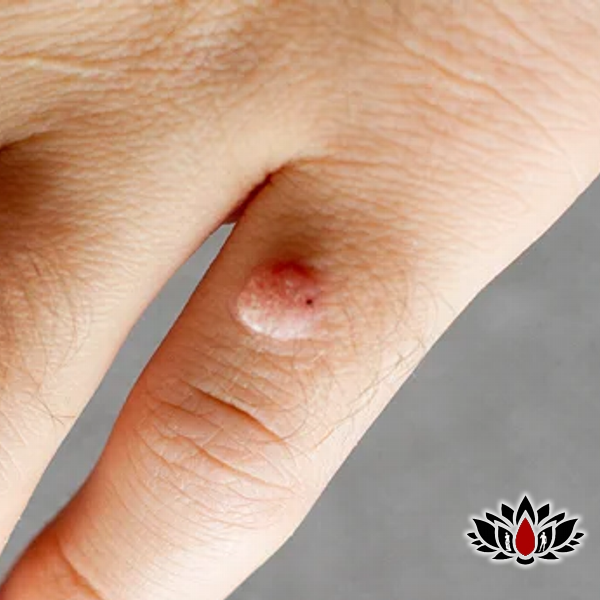-
Contact Us
Use our secure form -
Call Now
01227 391271
07895 934997
The Process
The Process
Offering a full range of services and treatments, a conservative approach with non-invasive and minimally invasive techniques whenever possible. We provide prevention and wellness programs along with patient education to foster understanding of their conditions and treatment options.
- A consultation available for you to book it in base of your needs
- Your procedure within around 3 days - 2 weeks following your consultation
depend from the procedure.
- A friendly treatment team led by your
practitioner, from start to finish
- High quality care
We don't just care for your skin conditions. We care about you. That means our team take the time to listen to what's important to you before recommending next steps.
Book an appointmentSelf referral this
free appointment
it is only for the online first
appointment.
Book an appointment
The appointment will usually involve an analysis of your medical history as well as a skin examination. Your practitioner might decide that you need a tests via your own GP. After assessment you practitioner will discuss with you about the treatment options they recommend.
Once you've both decided on the best course of action, they can tell you the cost of treatment, which will usually be in the form of a price package.
Once you have booked your procedure, you will receive an email and sms for the appointment.:
- The date and time to arrive at the premises address was decide for the treatment.
- When to stop eating and drinking before the procedure? this is not necessary but is ideally fasting before the procedure.
Please ensure you read your pre-tretment and post-treatment instructions carefully. If you have any queries, please contact out team.
Should you become ill before your procedure, however mildly, before you are admitted, please contact us to let us know of your condition at the earliest possible opportunity, as it may affect your planned treatment.
At Induce Aesthetics, we are here to support you throughout your treatment.
Our team will provide you with post-care instructions after your procedure, which you are advised to read thoroughly to ensure effective healing. Follow the aftercare carefully. Your practitioner will arrange post-operative follow-up.
Provided Services & Procedures
When it comes to undergoing a procedure, you want the best treatment and a compassionate staff who will personally ensure all your questions and concerns are addressed. At Induce Medical Aesthetics, our surgeon and nurse are certified in a full range of surgical and non-surgical procedures, as well as medical and aesthetic services. From diagnosis to follow-up, we coordinate our services with your specific needs to ensure everyone works together to provide you with the best possible care. Our goal is not only to treat your condition but also to minimize pain and scarring, reduce recovery time, and help you return to your normal daily life as quickly as possible.
Hyperhidrosis
Excessive sweating is treated with injections of type A protein from the bacterium Clostridium B that can be used to block neural control of sweat glands. The effect can last from 3-9 months depending on the site of injections. The duration of the beneficial effect in primary palmar hyperhidrosis has been found to increase with repetition of the injections.
Read moreLumps and Bums
"Lumps and bumps" refer to abnormal growths or swellings on or under the skin. They can vary in size and shape and may be caused by benign conditions like cysts or lipomas. Most are harmless, but any changes in size, shape, or pain should be checked by a doctor.
Read moreSkin Tags
Skin tags are small, soft, benign growths of skin that hang off the surface on a thin stalk. They are often found in areas where the skin folds, like the neck, armpits, and under the breasts. Skin tags are usually painless and harmless but can be removed if they become irritated or for cosmetic reasons.
Read moreCommon Wart
(Verruca vulgaris)
Warts are skin growths that develop on the top layer of the skin, caused by the human papillomavirus (HPV). This virus leads to a benign thickening of the skin, which can be inconvenient, particularly when it occurs in a visible area.
Read moreThread Veins Treatment
The Microsclerotherapy is the technique used to treat spider veins or thread veins of the legs. It is a relatively straightforward procedure which involves injecting a liquid into the veins which destroys them and causes them to disappear over time.
Read moreMigraine Threatment
Injectable neuromodulators like Type A protein from the bacterium Clostridium B are used to treat chronic migraines. The Type A protein blocks neurotransmitters that trigger migraine pain, reducing the frequency and severity of attacks. Injections are typically given every 12 weeks.
Read moreAnti Aging Treatments
Natural aging and a lifetime of involuntary facial muscle actions contribute to the formation of wrinkles, creases and lines that can make you look angry, tired or older than you feel. Although aging may be inevitable but can be prevented and reduced with muscle relaxant injections.
Read moreDermal Fillers
Injectable filler (injectable cosmetic filler, injectable facial filler) is a soft tissue filler injected into the skin to help fill in facial wrinkles, restoring a smoother appearance. Most of these wrinkle fillers are temporary because they are eventually absorbed by the body.
Read more






